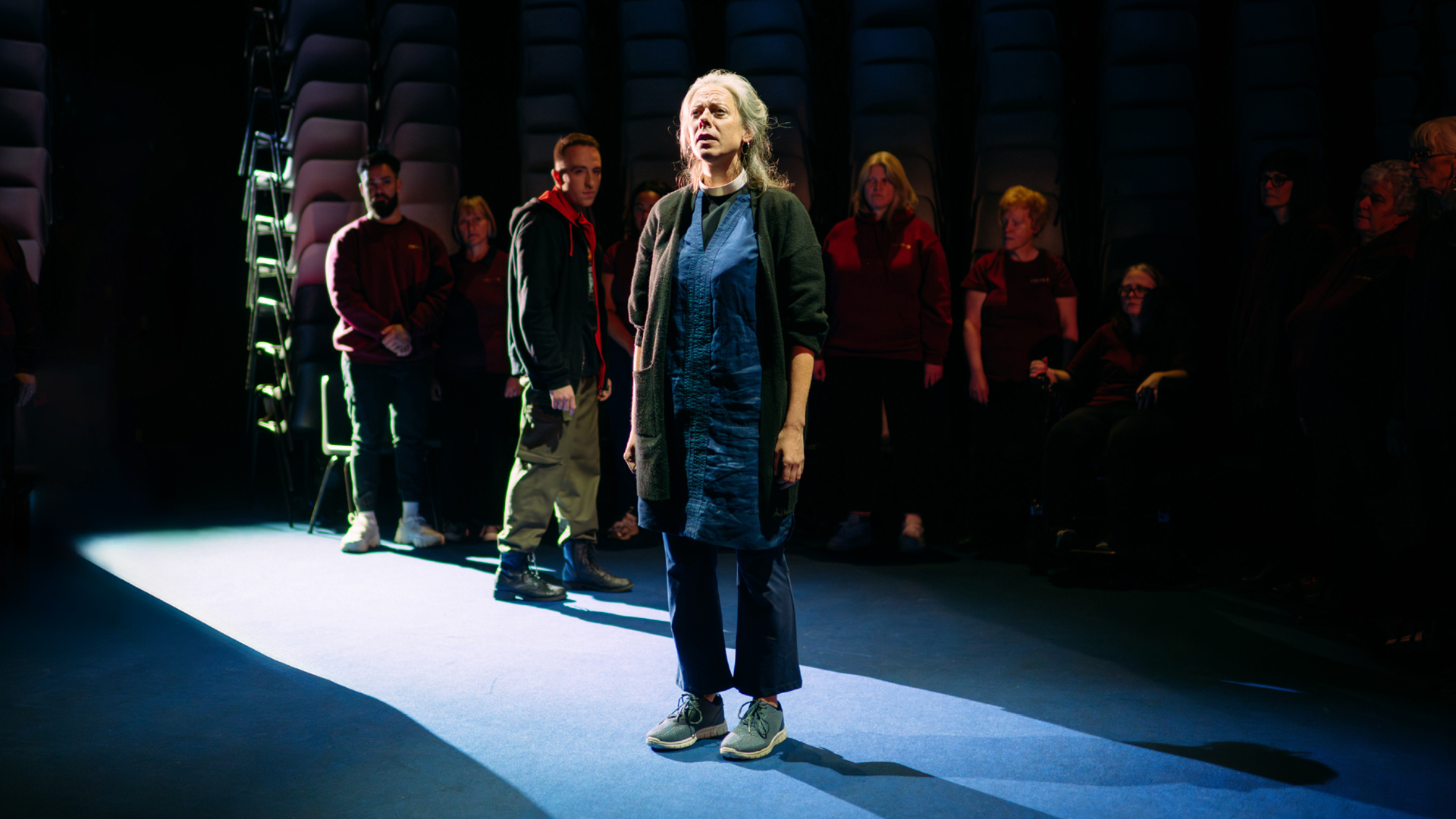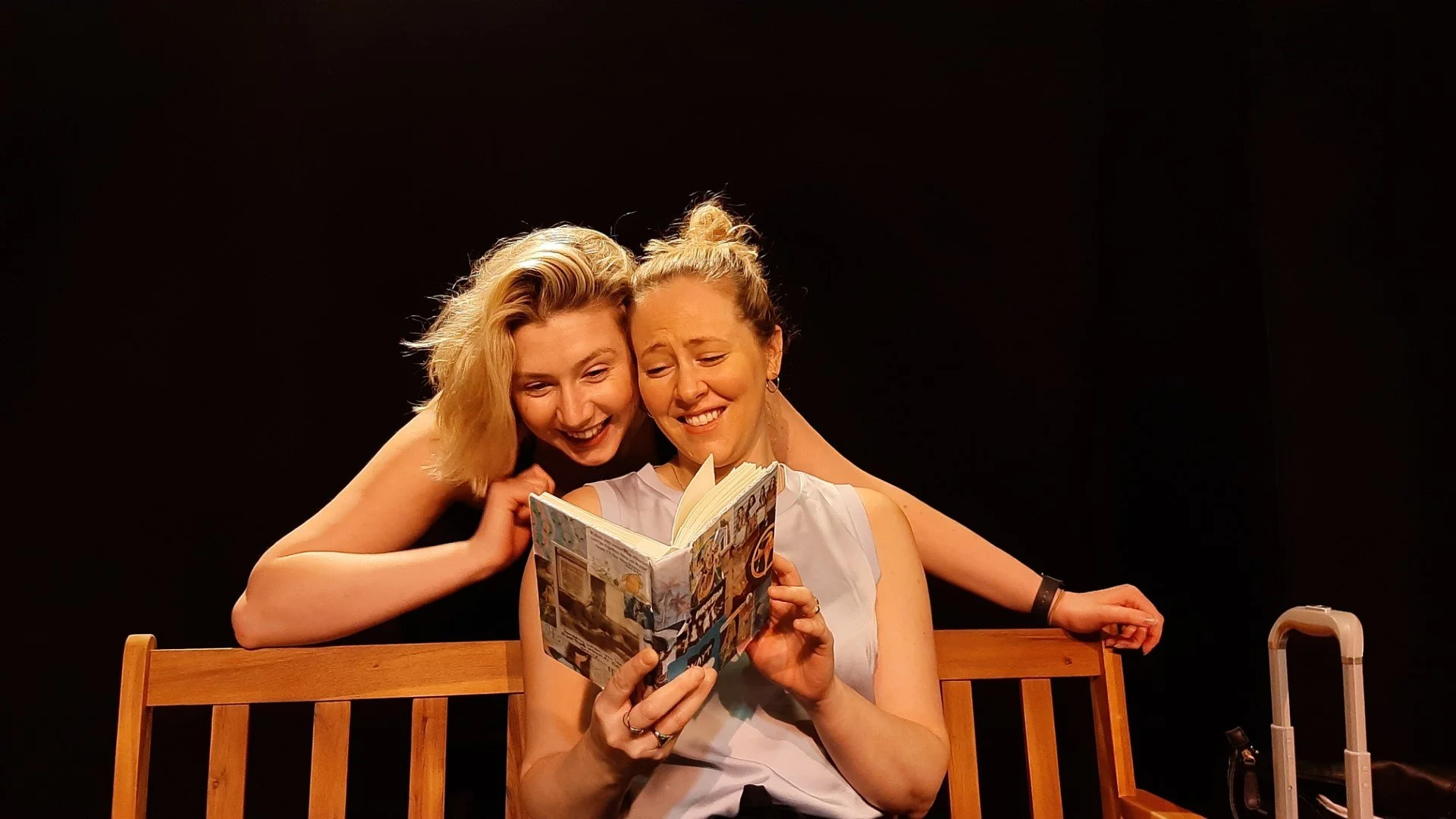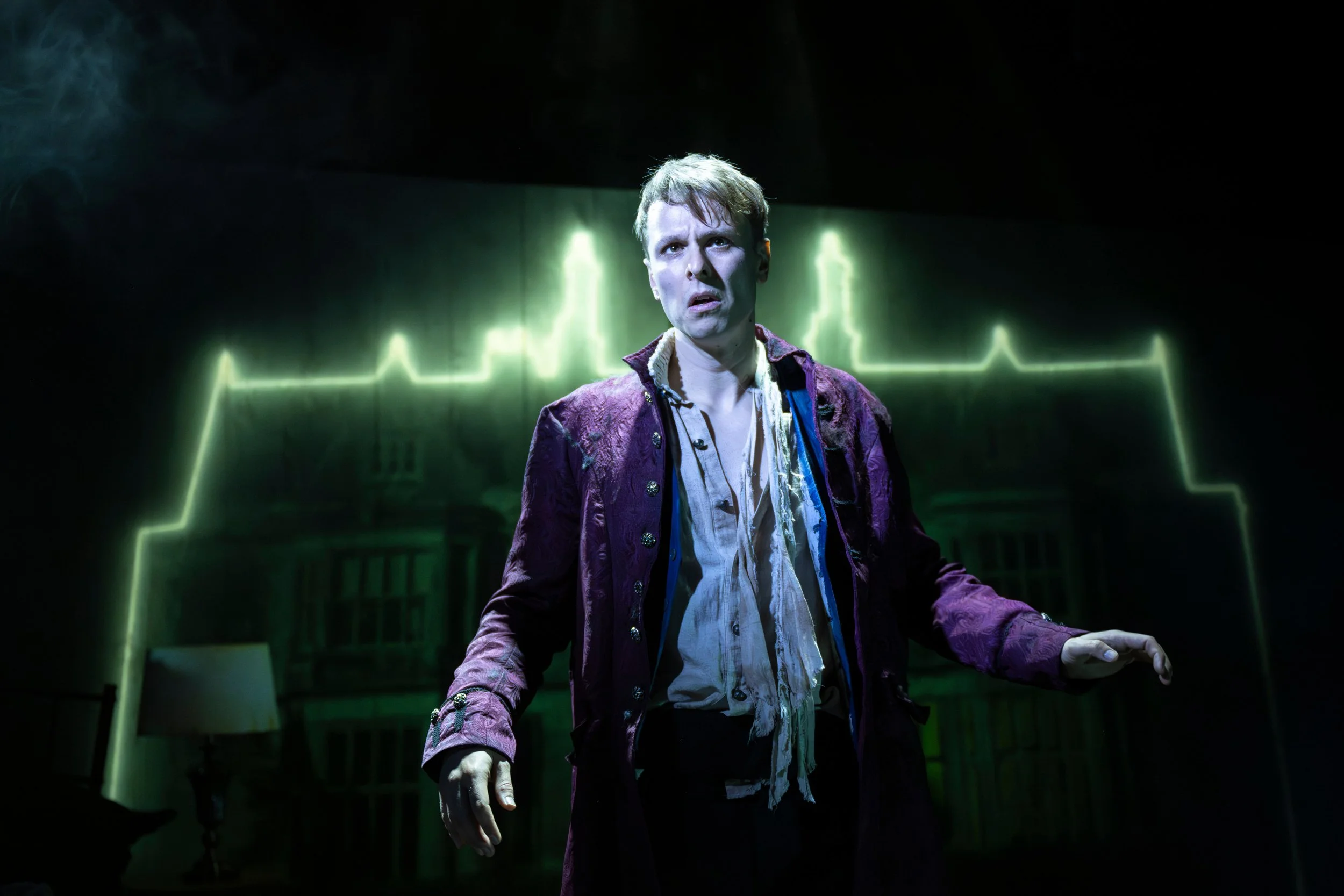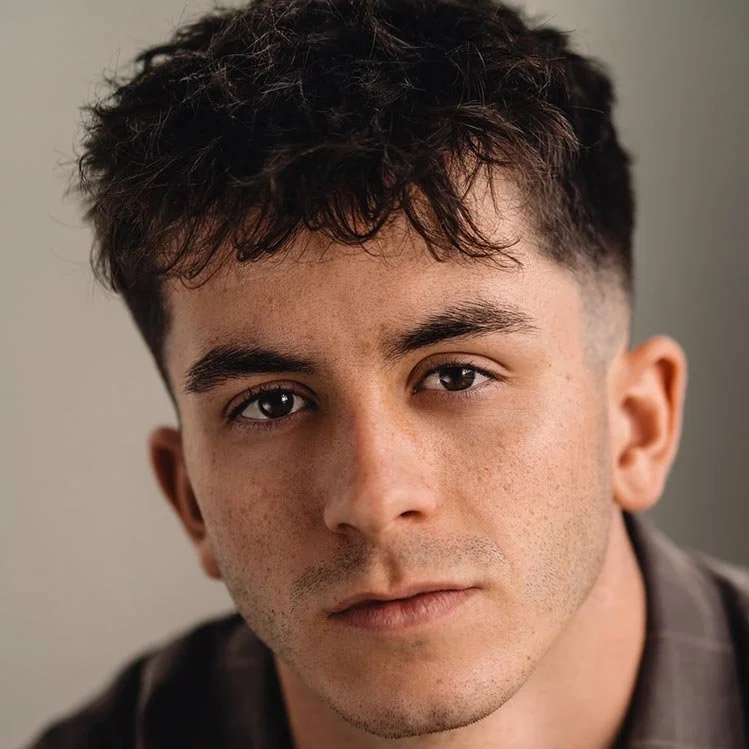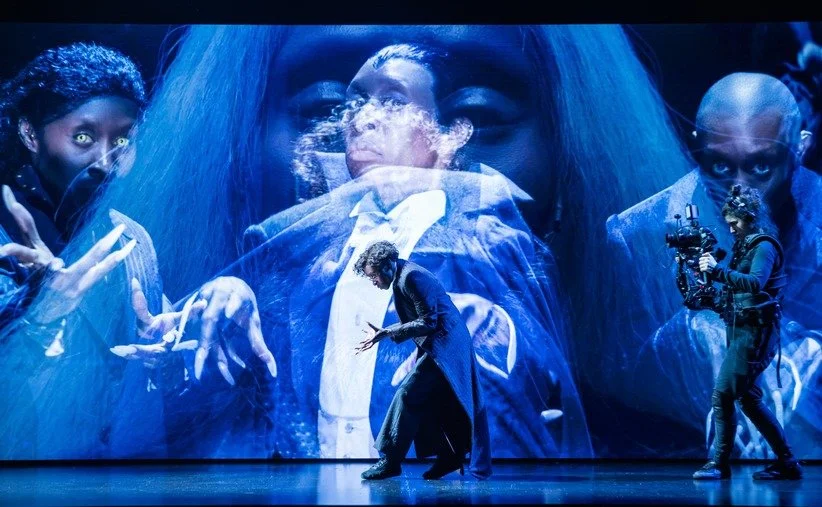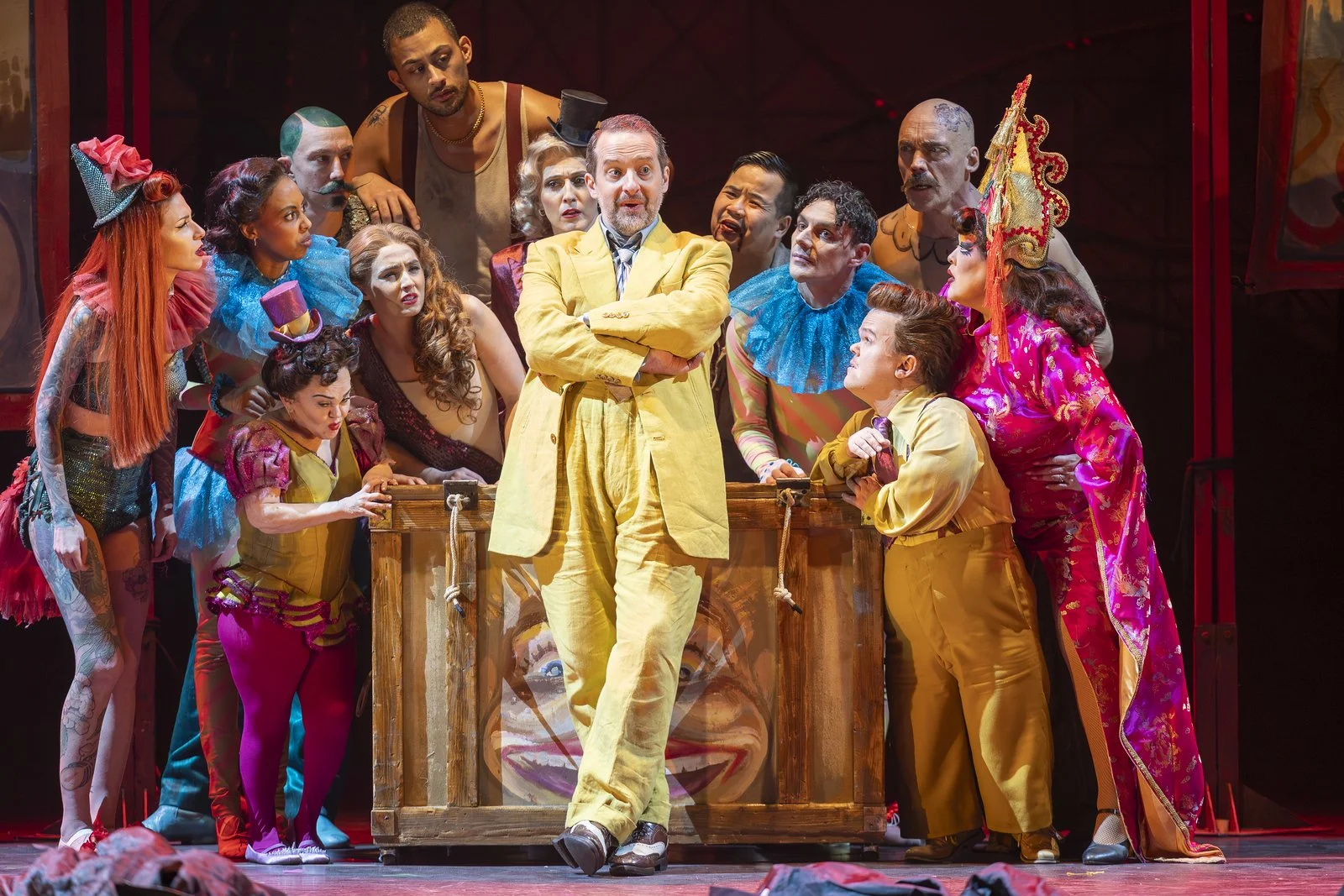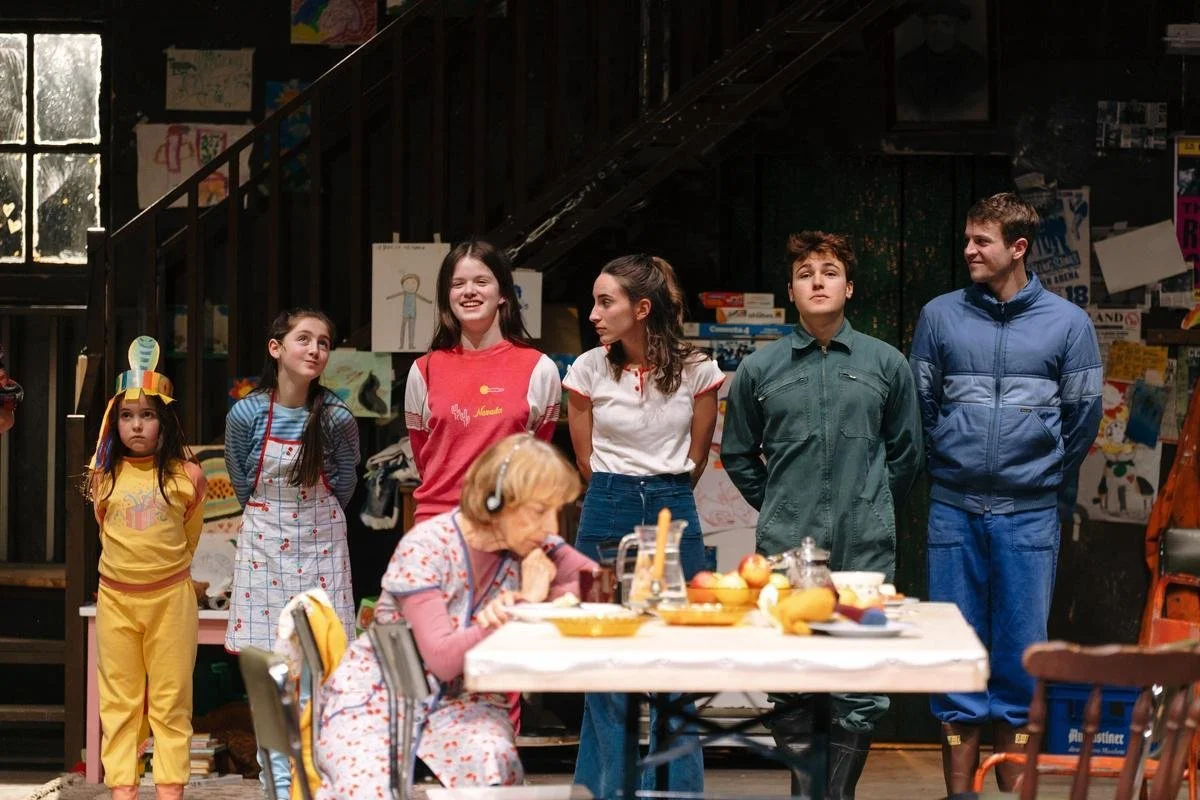Flock, Soho Theatre Review
Flock production image. Photo by Lucy Hayes
Reviewed by Danai for Theatre and Tonic
Disclaimer: Gifted tickets in exchange for an honest review
Flock, written by Lin Coghlan and directed by Jim Pope, tells the story of two siblings, Robbie and Cel, who have grown up in the Care system and now face the struggles of transitioning into adulthood while still battling the unresolved traumas of their past. As they approach adulthood, they find themselves unprepared, grappling with a childhood far from innocent. Robbie, played by Jamie Ankrah, is in denial about his losses, especially the death of his grandmother, and clings to the idea of stability—his ultimate dream being a place of his own. Cel, played by Gabriella Leonardi, is fighting for her future, seeking independence, and hoping to detach from Robbie as she charts her own course.
Flock was the inspiration that came from Raising the Roof, a program designed to share the stories of young people who have been in Care by creating fictional characters based on real experiences. The play succeeds in delivering a grounded portrayal of the Care experience, without resorting to overdramatization or romanticizing the struggles. The talented cast keeps the audience engaged, shedding light on a part of society often overlooked, but still very present in the midst of privileged cities. A standout moment is the scene by the river, where Miko, portrayed by Deshaye Gayle initiates coin fishing—a striking metaphor for the characters' constant, often futile, attempts to get lucky and break free from their circumstances. Gayle’s presence adds depth, making the scene feel like the essence of their shared struggle: the endless hope for a better future, though it remains elusive for most same as trying to find gold in the river. The social criticism is present throughout, even if not explicitly voiced by the characters. It's impossible for the audience to ignore questions of responsibility—who is accountable for the circumstances these young people face? Mrs. Bosely, the social worker played by Jennifer Daley, embodies this tension. Though she clearly has good intentions, her limited ability to provide meaningful assistance highlights the systemic constraints that leave her, and those she tries to help, without adequate support.
The direction is inventive, using the stage and props in ways that reflect the characters’ resourcefulness—mirroring their efforts to survive with limited means. Such examples are Robbie’s fixation on waiting for his social service bidding number to secure his own place and Cel’s decision to quit drinking and study for university, hoping to leave behind her past. The fluidity of the stage, both in setting and time, enhances the story’s exploration of memory, particularly Robbie’s attachment to the past and his reluctance to let go of the place he once called home. Interactive moments with the audience add humour and intensity, blurring the line between the world of the characters and that of the viewers. This connection emphasizes the performance’s goal of bringing these often-overlooked stories to a broader audience. Gabriella Leonardi is perfectly cast, delivering a nuanced performance as Cel, while Jamie Ankrah’s portrayal of Robbie, simmering with restrained anger, is refreshing and captivating.
While the play offers a powerful exploration of life in the Care system and the complex sibling relationship at its core, the ending felt somewhat unresolved. Though the openness might serve as a reminder that these struggles persist, it lacked the sense of closure that would have made the narrative feel more complete. Nonetheless, Flock stands as a poignant tribute to young people growing up without the care and stability many take for granted, highlighting their search for a place to call home. And as we exit the room kids out there still exist in an ever-ending struggle to find a place to call home—a place that could look like ‘Dartford’. Or ‘Hastings’. Or ‘Margate by the sea’.
At Soho Theatre until 2 Nov.
★★★


